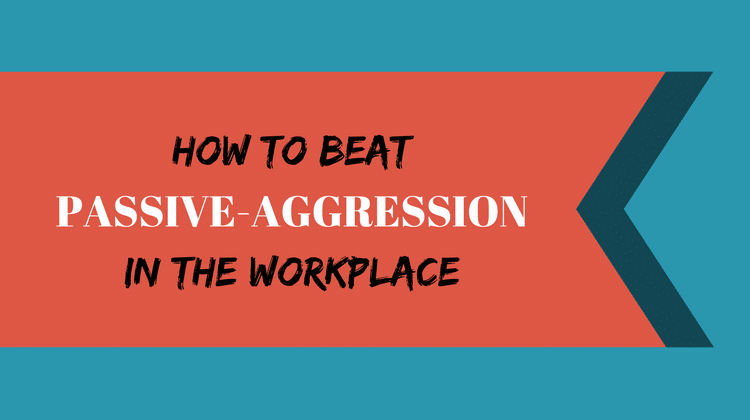
“There is a land called Passive-Aggressiva, and I am its queen.” – Kate Walsh’s Dr. Addison Montgomery-Shepherd, “Grey’s Anatomy”
Truer words have rarely been spoken in the workplace. For five very, very long years, I worked under a manager who could have given Dr. Montgomery-Shepherd a run for her money. There were tears — at and outside of work — there were questions, and there were, as always in life, lessons to be learned.
You see, for the year following my manager’s departure, I didn’t care about a thing. I was the epitome of apathetic, because she had left and I was happy. Free. And then bonus time rolled around, and I got the lowest bonus I’d received before or since. When I asked for clarification on why, I was given a wake-up call. My apathy had turned into me doing the bare minimum for my job, and it hadn’t gone unnoticed.
So please, learn from my mistakes.
1. People are watching you.
Even when you don’t think you’re being watched, you are. Not in a Big Brother fashion, but in a professional fashion: to see how you respond and how you produce.
2. Don’t let your apathy get in the way of your work productivity.
There is still a job to be done; be professional, always, and save your “excitement” for after hours. In the meantime, channel it into doing the best job you possibly can at the office.
3. Don’t quit because of emotions.
While quitting may seem temporarily satisfying (and may, truly, lead you on to better, even greater things), don’t quit because of emotions. Believe me, I loved imagining the look on my boss’s face when I handed in my two weeks’ notice, and I desperately wanted it to become a reality. But I also liked living on my own. I liked my health insurance. And I really liked my paycheck. So I kept at it, alternating between deriding myself for staying and loving the occasional moment where I would rekindle a spark, a bare-minimum reminder of why I still worked in that role.
Quitting out of emotion allows the person you’re at odds with to win. Don’t give in to them; don’t give them that satisfaction, whether or not they’d even realize they’d won. Odds are good that if you recognize the passive-aggressive, detrimental behavior, others do too. If it crosses a professional boundary, speak confidentially with Human Resources. And remember that HR moves very, very slowly. Nothing can be done quickly, because they have to protect the company first. You are not the only fish in the sea, and while it may seem like nothing is moving forward, much of the action occurs behind the scenes. You cannot and will not be privy to it until it happens.
The best rebuttal to a passive-aggressive manager is to do the absolute best job you can. Keep that smile on your face, day in and day out, and one day, you will come into the office and find that things are a-changing. And you will have no regrets for your behavior.
About the Author
Meagan Davenport is freelance BAM consultant, editor, proofreader, and traveler.